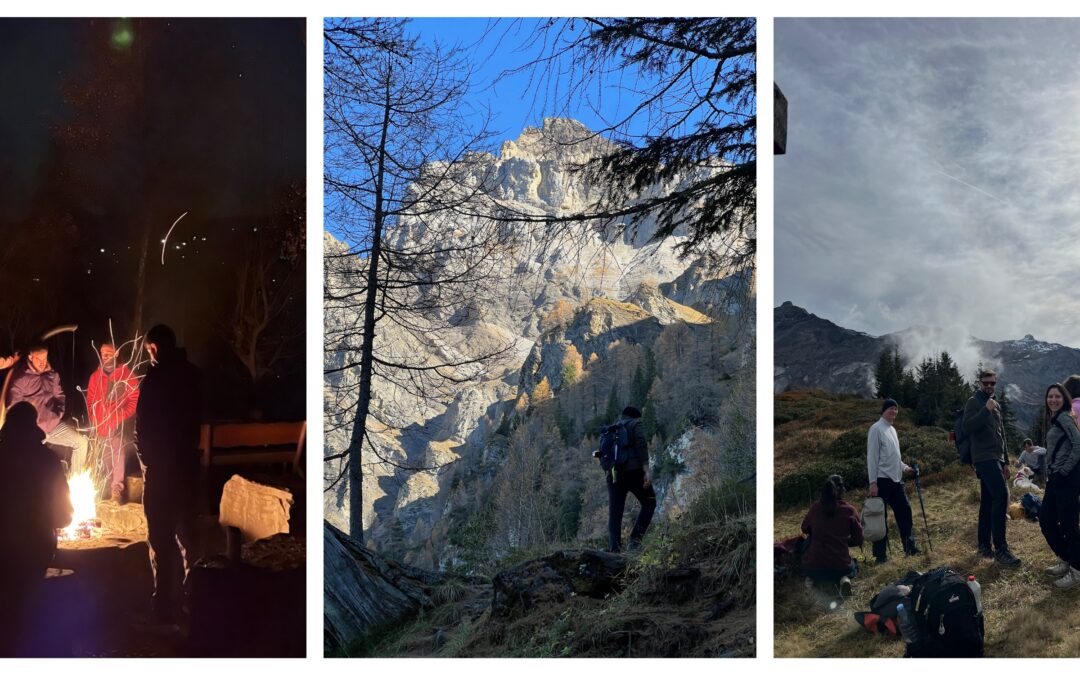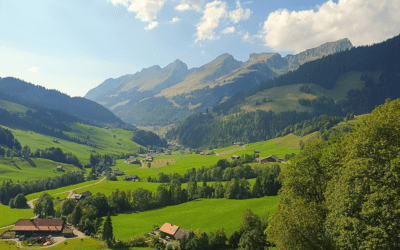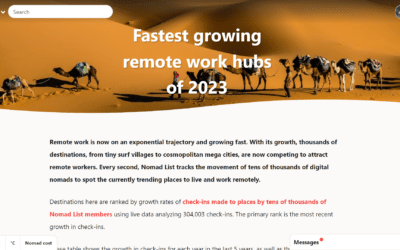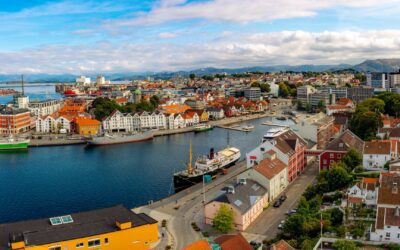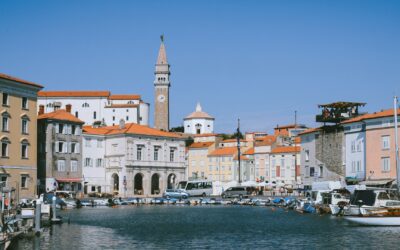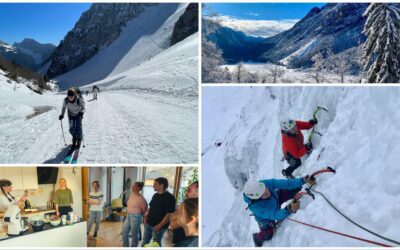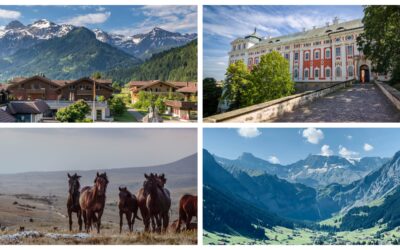|
|
An increasing number of destinations are offering Workation retreats, opening their doors to digital nomads and remote workers for designated seasons. These destinations not only provide discounted rates for extended stays but also employ community managers to create a vibrant social atmosphere that promotes productivity and connection and helps participants make the most of their Workation time.
Hubs currently offers these Workations in the Swiss Alps, Slovenian Alps, and Budapest, and participants have been raving about their experiences. But what do community managers have to say about what it takes to put on a successful Workation? What does it take to provide the best possible experience for participants and the maximum benefit to the destination?
We recently interviewed Ivan, one of the Hubs community managers, to find out exactly what he thinks about putting on the best possible Workation experience. Ivan is a community manager who engages with Hubs residents to ensure the best possible experience, and also a content manager for the brand, helping to bring those stories to the wider community.
Who Is Attending Workation Experiences?
The first thing we asked Ivan was who exactly is attending Workation experiences like those offered by Hubs. As a relatively new offering, most participants to date have been digital nomads, remote workers, freelancers and entrepreneurs looking for coworking and coliving experiences to make new connections and focus on productivity while traveling more-or-less continuously.
Many participants are part of broader digital nomad networks and word-of-mouth has been the most effective way to share the experience and encourage new participants. Many digital nomads who have participated in Hubs Workations have returned to join again or have expressed interest in doing so in the future.
While this represents a stable and engaged audience for Workation experiences, it also means that there is still an untapped market in the form of location-based workers with the ability to work remotely who are looking for an opportunity to get away, recharge their batteries, and experience something new while continuing to work. There is significant potential in marketing the Workation experience both to these workers and their employers as a productive Workation.
What Did Participants Value Most About the Experience?
When participants are asked about what they valued most about Workation experiences they often remark on how easy it is to be productive in the environment, how invigorating it is to be so close to nature and cultural experiences, and how being part of a community of like-minded individuals was inspiring and motivating. Through his engagement with participants, did Ivan have any further opinions on the most valuable aspects of the experience?
Ivan was part of the Workation at Lenk, in the Swiss Alps, and noted that the beautiful and peaceful town offered the perfect balance between seclusion and having everything that participants needed. This gave the participants the opportunity to “get away from it all” without the stress of worrying about the essentials. The environment was highly conducive to focus and mental clarity, supporting creative and deep work.
However, while the location was extremely important, it was the social element that clearly had the biggest impact on participants. Bringing together talented and dedicated professionals from a variety of different fields allowed for natural cross-pollination of ideas, which provided inspiration and kicked off several interesting multi-disciplinary projects and ideas. Moreover, spending time together in this environment forged fast new friendships, which are often particularly important to digital nomads who are constantly on the move and are known to struggle with isolation and loneliness.
How Was the Social Aspect of the Workation Managed?
Hubs Workations always have a dedicated community manager to is available to help individual participants with anything they might need and also organize social events for the community. Participation in social events is always optional and depends on the preference of the participant, but most choose to engage deeply in group activities.
Social activities are designed to provide stimulation and opportunity for natural connections. Activities can be simple such as shared meals and movie nights, but also activities that make the most of the region such as day trips to nearby cities and organized hikes and adventures. Simplicity is often key, letting people make their own connections and establish their own cultural exchanges. Travel and sharing new experiences is often a natural way of bonding.
How Do Destinations Benefit from Hosing Workations?
As well as providing enriching experiences for visitors, Hubs aims to bring significant benefits to the host destination. Ivan described what some of those benefits can be.
Workations are held during low seasons when destinations that are designed to accommodate large numbers of tourists during the high season are often mostly vacant. This helps support the local tourism market during low periods, but does so without overcrowding, allowing popular destinations to combine income generation and recovery from peak seasons.
It also allows destinations to provide a different type of experience as they focus on sharing the more relaxed local way of life rather than just catering to visitors en masse. This allows accommodations, restaurants, and other businesses to experiment with their offer, and engage on a deeper level with their consumers. This can feed into more sustainable approaches to tourism in the long term.
Lessons Learned
Hubs has now hosted successful Workation experiences at all of their European destinations and has 2025 dates lined up for each. The destinations are constantly learning from one another, exchanging ideas on how they can offer the best possible experience for participants while bringing the maximum benefit to destinations. Some of the key takeaways for creating successful Workation experiences include:
- The importance of building a positive community of participants looking for the same things and keen to support one another.
- Making the most of the unique aspects of the destination to create meaningful and authentic travel and cultural experiences.
- Making the social aspects of the experience simple and intuitive so that making connections is easy and natural.
- Working with destinations to experiment with new ideas and approaches and obtain meaningful feedback from participants.
Of course, the best way to learn what makes for a successful Workation experience is probably to participate in one!

